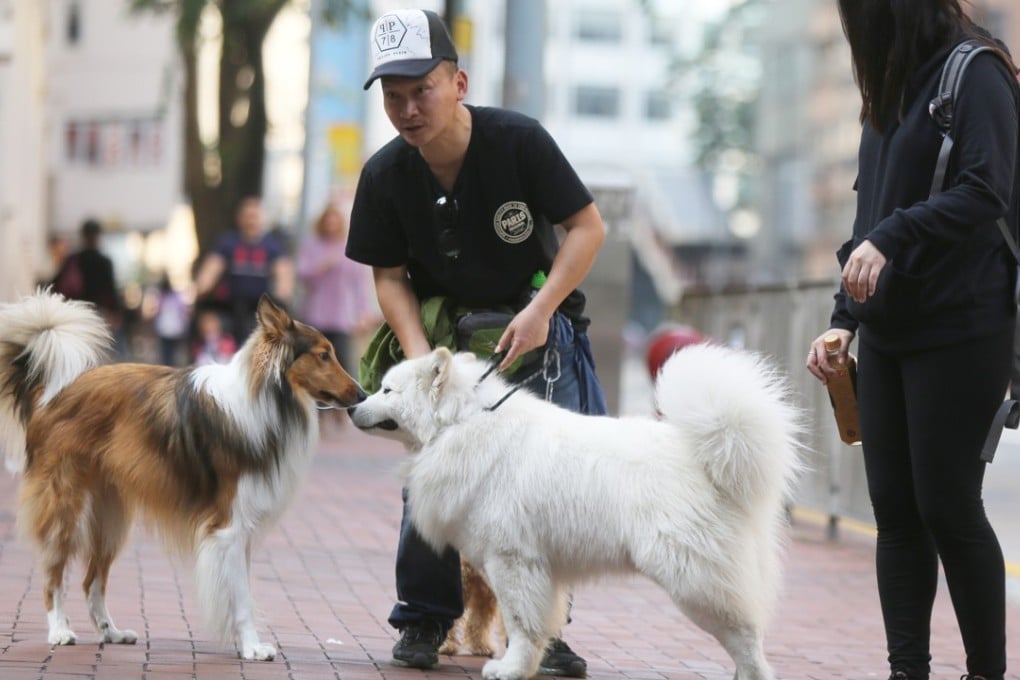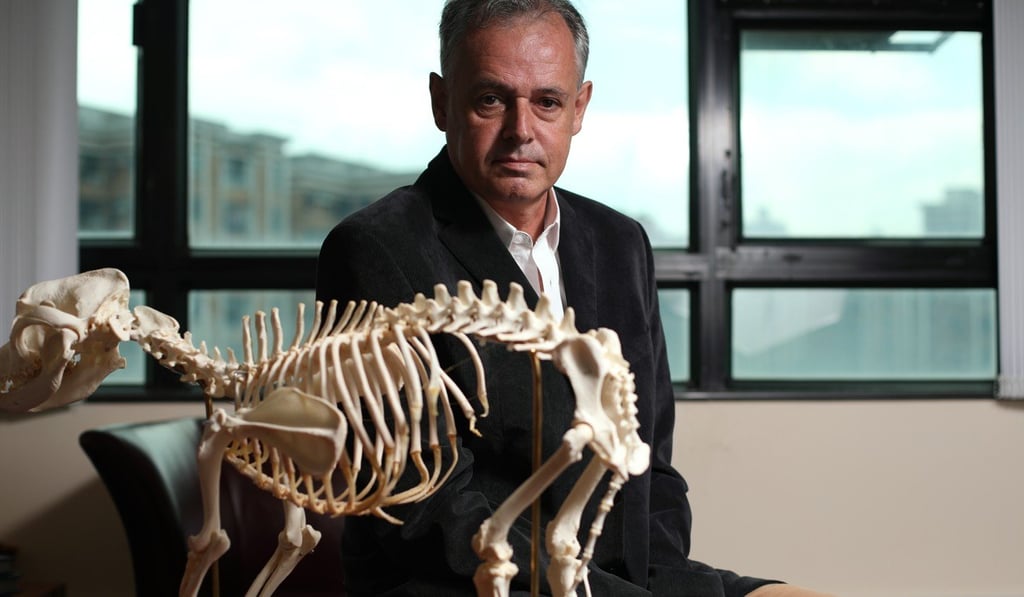With incoming public funds, Hong Kong’s only vet school prepares to nearly double its student intake
- Dean says job prospects are good for locally trained vets
- But one representative of the sector says that might not be the case

The city’s only vet school is preparing to nearly double its student intake from the next academic year, saying job prospects remained bright for locally trained vets.
City University aims for an intake of 30 students next year, up from 17 this year, when its six-year Bachelor of Veterinary Medicine programme becomes publicly funded.
Professor Michael Reichel, dean of the university’s Jockey Club College of Veterinary Medicine and Life Sciences, said rising local demand meant vets’ job prospects were good.
“There are generally expectations, and there’s evidence, that there are more and more jobs for veterinarians in the world. But also locally [there is a] trend of increasing jobs for veterinarians. It has never dipped in the last 20 years,” Reichel said, adding there were about 50 new jobs a year.
In four years when the school’s first 12-strong intake graduates, he said: “There should be plenty of opportunities.”
